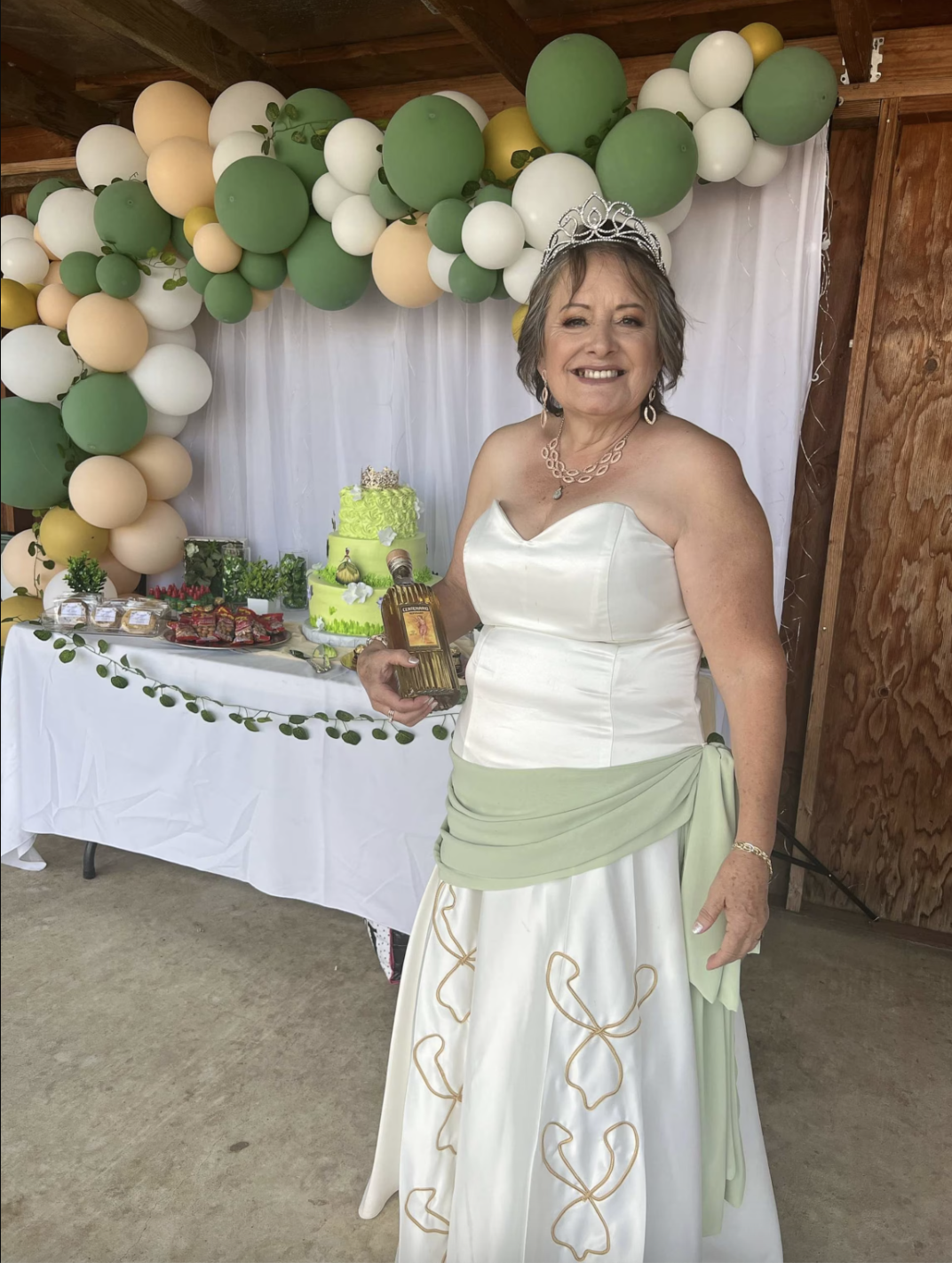Venus Williams Shares Her Ongoing Battle with Fibroids and Advocates for Improved Care for Black Women.

Tennis icon Venus Williams is well-known for powering through pain, boasting seven Grand Slam titles and four Olympic gold medals. Her resilience on the court has earned her widespread admiration. Now, at 45, the athlete is sharing a different struggle—one she has quietly faced for decades with support from Dr. Taraneh Shirazian: uterine fibroids.
In a recent interview with Self, Williams opened up about enduring painful periods and other fibroid-related symptoms for much of her life.
Fibroids are noncancerous growths in the uterus that can cause heavy bleeding and chronic discomfort, and they disproportionately affect Black women at higher rates.
Research indicates that by age 50, up to 80% of women will develop fibroids, with Black women being three times more likely to experience them, often at younger ages and with more severe symptoms than white women.
“I remember playing my first French Open at 16,” Williams recalled. “Before the second round, I was waiting for my match, hugging the toilet bowl, and losing my lunch from period pains.”
Despite the intensity of her symptoms, Williams revealed she didn’t receive a clear diagnosis until 2016, and even then, treatment options were limited.
“They would tell me, ‘We’ll just watch it,’” she shared. “The only solution offered to me was a hysterectomy.” She explained that, in the meantime, she had to rely on painkillers for relief.
Williams chose a uterine-sparing surgery to remove her fibroids.
“Surgery completely removes the disease,” Dr. Shirazian explained. “Considering her history and symptoms, this was the best option.”
Williams underwent the procedure in July 2024. Within days, she was up and moving, and after a month, she felt fully recovered.
“I went through a lot,” Williams said. “You’d think I’d have access to the best healthcare—and I did. But I didn’t get the best care until I went to NYU.”
Now, she hopes her experience will encourage others—especially Black women—to speak up, ask questions, and advocate for themselves in a healthcare system that often overlooks them.
“As a patient, you have to be your own advocate,” Dr. Shirazian emphasized. “If you don’t know what’s wrong with you, you won’t even know to bring it up.”
Dr. Shirazian, who collaborates with advocacy organizations like The White Dress Project to educate Black communities and women about fibroids, echoed the importance of awareness.
“They provide information on doctors and hospitals offering quality care nationwide,” she said. “Raising awareness is how we close these gaps.”


